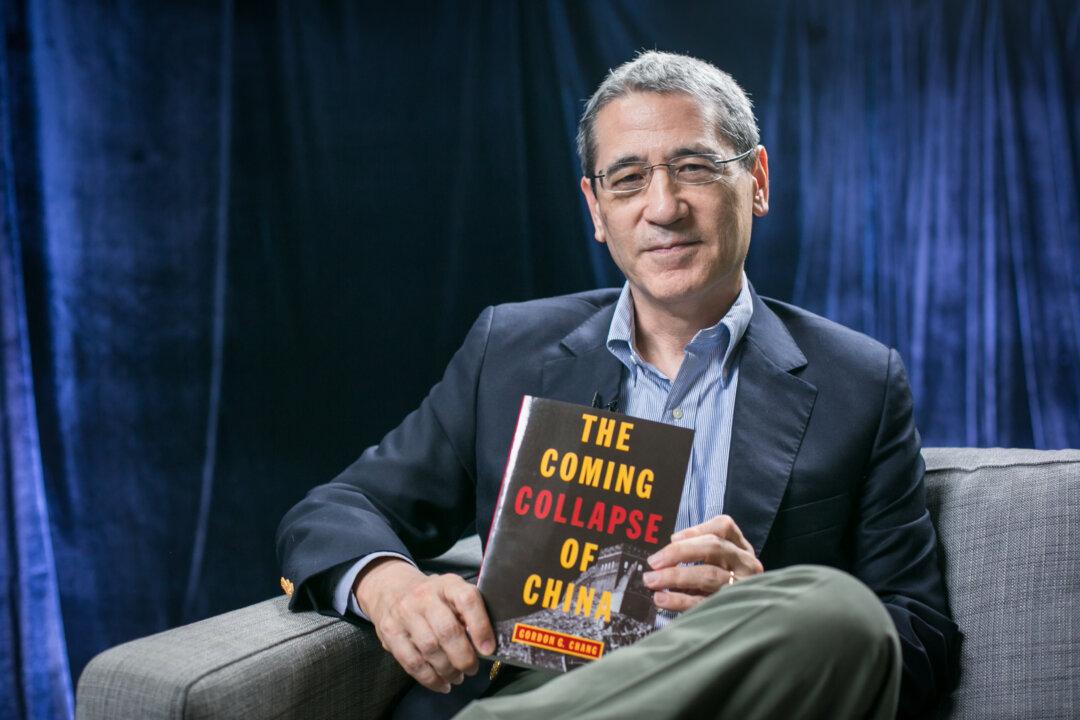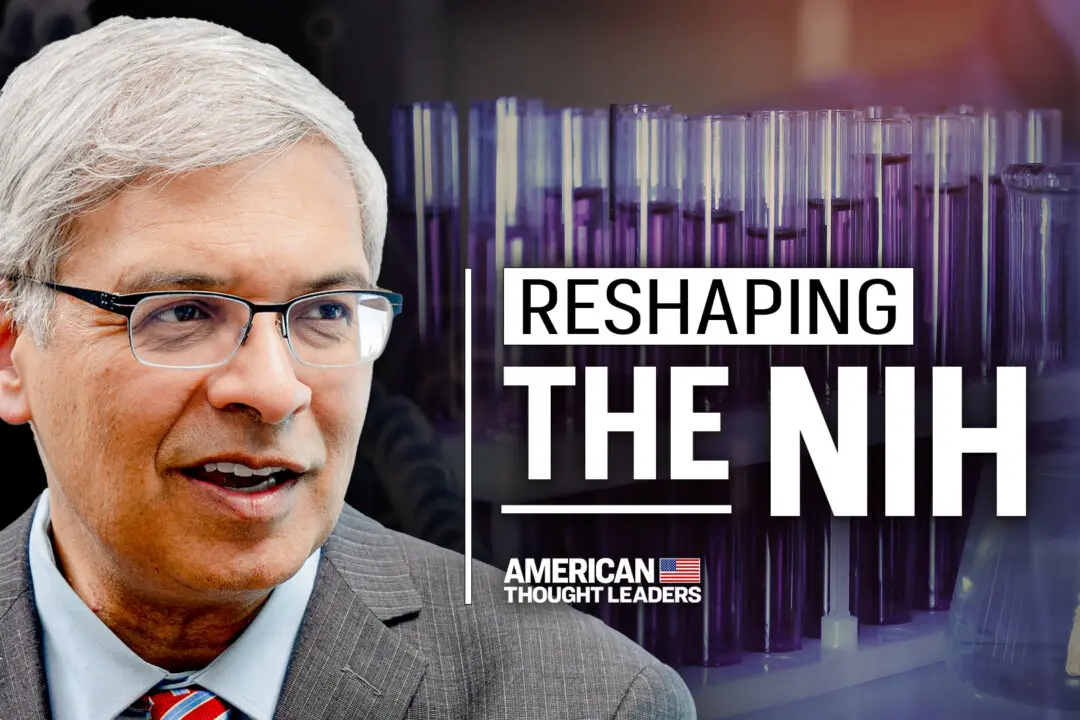The United States should reassess its relationship with the Chinese regime, which has allowed a deadly pathogen to spread around the world, grinding economies to a halt, according to China expert Gordon Chang.
The Chinese regime’s virus coverup is part of a strategy to preserve its rule—and has spotlighted how Beijing’s actions are a threat to the free world, Chang told The Epoch Times.





